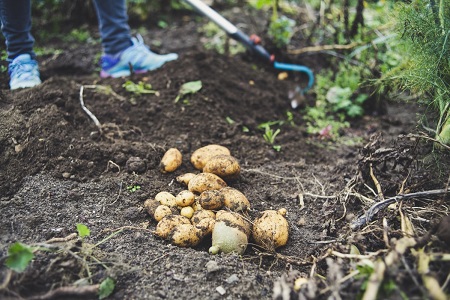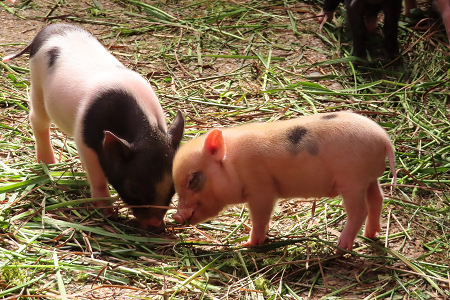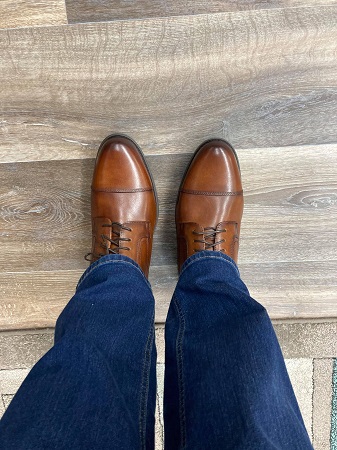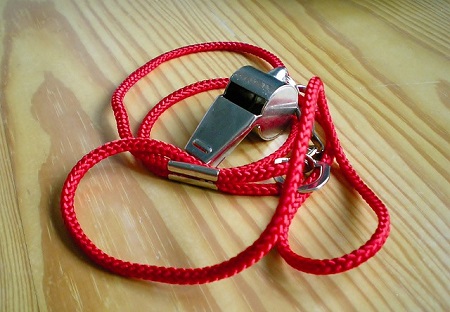Boil the Ocean
 How many times have we attempted an impossible task? We try to do something no one can do. Remember, we don’t have to boil the ocean.
How many times have we attempted an impossible task? We try to do something no one can do. Remember, we don’t have to boil the ocean.
Lava from an erupting volcano heats the ocean. However, all that lava affects only a tiny portion of the water. It puts on quite a show but with limits.
To boil the ocean means to try the impossible.
We work like a mule and burn our candle at both ends. However, like lava in the ocean, we have limits. We cannot do everything.
- Students cannot complete years of work in one semester.
- Builders cannot create a city in a day.
- Doctors cannot cure every person in the world of every disease.
We make progress one step at a time.
Working together, we move forward. Trying to do everything alone dooms us to failure. Too many jobs make all our jobs more difficult.
We want vision without a waste of time.
Dream big. Reach for the sky. Yet, recognize reality. We never want to destroy ourselves striving for the impossible.
“Even youths grow tired and weary, and young men stumble and fall” (Isaiah 40:30 NIV).
Thanks to Kristy Robinson Horine for the suggestion. Image by Adrian Malec from Pixabay
Do you have an expression you want explained? If so, please comment below.
Subscribe to receive my weekly posts by email and receive a free copy of “Words of Hope for Days that Hurt.”
If you enjoyed this post, please share it with your friends.
 My dog Dashaway was my favorite pet. She would stick like glue anytime I went outside.
My dog Dashaway was my favorite pet. She would stick like glue anytime I went outside. When gardeners dig potatoes, they usually look for lots of large ones. Small potatoes often get thrown away.
When gardeners dig potatoes, they usually look for lots of large ones. Small potatoes often get thrown away. When you try to harm others, you often end up harming yourself more. You cut off your nose to spite your face. This happens at any age.
When you try to harm others, you often end up harming yourself more. You cut off your nose to spite your face. This happens at any age. Please welcome my friend
Please welcome my friend  Rather than face the truth of a matter, one happily ignores it.
Rather than face the truth of a matter, one happily ignores it. We love life on cloud nine. Something wonderful happens, and we feel
We love life on cloud nine. Something wonderful happens, and we feel  If we put the right shoe on the right foot, it feels fine. However, if we put it on the left foot, it hurts. We don’t like it when the shoe is on the other foot.
If we put the right shoe on the right foot, it feels fine. However, if we put it on the left foot, it hurts. We don’t like it when the shoe is on the other foot. “Do you prefer ice cream, cake, or both?” “I’m leaving now. Is that okay?” “Mind if I change the station on TV?” For all these questions, we might answer, “It don’t make me no never mind.” Of course, we don’t give that answer if we prefer correct grammar.
“Do you prefer ice cream, cake, or both?” “I’m leaving now. Is that okay?” “Mind if I change the station on TV?” For all these questions, we might answer, “It don’t make me no never mind.” Of course, we don’t give that answer if we prefer correct grammar. It makes no sense to bite the hand that feeds you. Some animals who
It makes no sense to bite the hand that feeds you. Some animals who  Most of us like our houses clean as a whistle. Cleaning takes a lot of
Most of us like our houses clean as a whistle. Cleaning takes a lot of